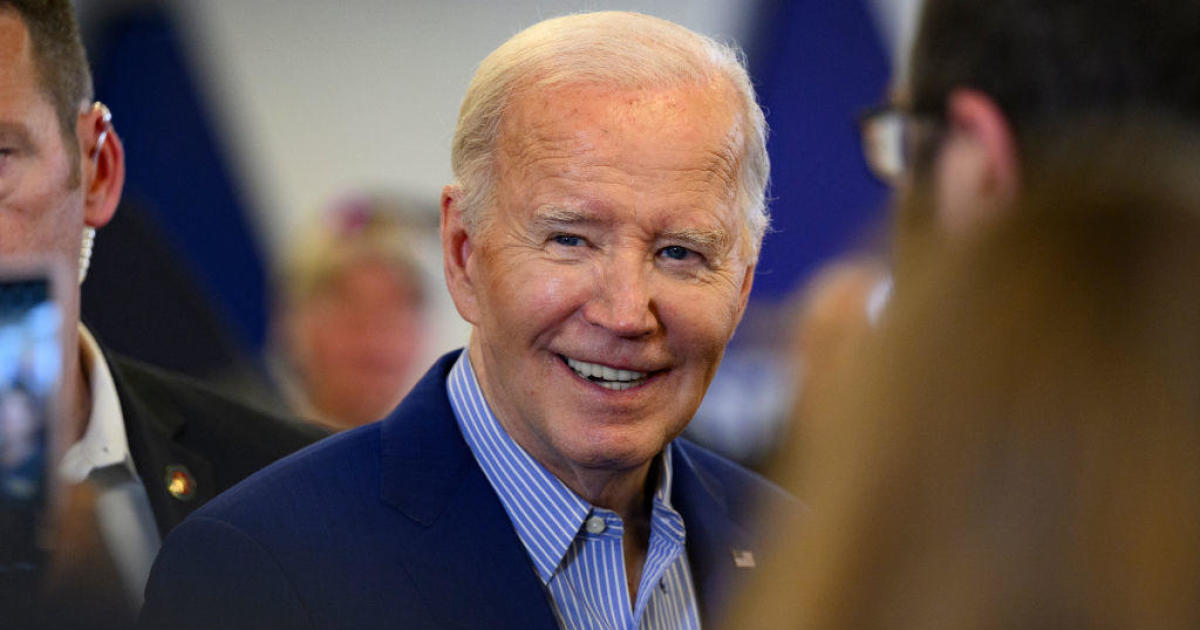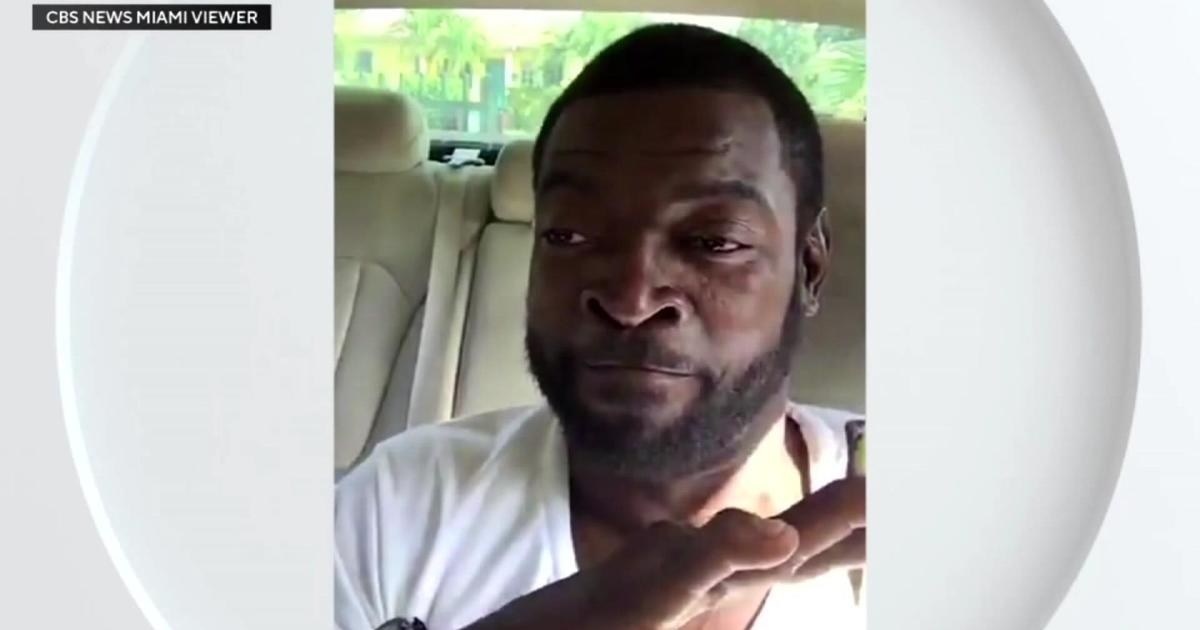Supreme Court Upholds 'Timely Justice' Law
TALLAHASSEE (CBSMiami/News Service of Florida) - The Florida Supreme Court on Thursday upheld the constitutionality of a 2013 law that legislative supporters said would reduce delays in carrying out the death penalty.
Justices, in a unanimous decision, rejected arguments that the so-called "Timely Justice Act" would be an unconstitutional infringement on the court system's authority and separation of powers and violate due-process and equal-protection rights.
In a concurring opinion, Justice Barbara Pariente emphasized that the law would not affect the Supreme Court's "solemn responsibility" to block executions if needed to ensure that defendants' rights have been protected.
"(This) court is still constitutionally entrusted with the duty to issue a stay of execution if there is a meritorious post-conviction claim pending or, if at the time the warrant is signed, the defendant brings a successive post-conviction challenge that casts doubt on his or her guilt, the integrity of the judicial process, or the validity of the death sentence imposed. … In my view, that remains the essential fail-safe mechanism this court may utilize when necessary to ensure that the ultimate punishment of the death penalty is inflicted in a manner that fully comports with the constitution,'' wrote Pariente, who was joined in the concurring opinion by justices Jorge Labarga and James E.C. Perry.
With some convicted murderers on Death Row for 30 years or more, lawmakers in 2013 touted the proposed changes as helping more quickly carry out justice. After Gov. Rick Scott signed the bill, for example, House Criminal Justice Chairman Matt Gaetz, R-Fort Walton Beach, posted a Twitter message that said, "Several on death row need to start picking out their last meals."
But the details of the law, which touched on issues such as death warrants, the clemency process and legal representation for Death Row inmates, have proved far more complex than the legislative debate. Scott also pushed back against characterizations that the law would "fast track" death-penalty cases through the court system.
Attorneys for dozens of Death Row inmates filed the constitutional challenge last year, with the case focusing on four disputed parts of the law, according to Thursday's opinion, which was written by Justice R. Fred Lewis.
A key issue focused on a requirement that the Supreme Court clerk notify the governor when Death Row inmates have exhausted initial state and federal appeals. The law orders the governor to sign death warrants for such inmates within 30 days and to direct the warden to schedule their executions within 180 days --- but only once the executive clemency process has been completed.
Attorneys for the Death Row inmates contended, in part, that the law unconstitutionally infringed on the governor's clemency power and his discretion to issue death warrants, Lewis wrote. But the Supreme Court rejected such arguments, pointing to the governor being able to control when the clemency process ends.
"Since the (completion of the clemency process) is exclusively within the control and discretion of the executive branch and contains no mandated time frame for completion, we conclude the governor's discretion in issuing warrants is not curtailed by the act,'' the court opinion said.
As an extension of that issue, the attorneys for Death Row inmates argued that the law violated due-process rights because it would impose deadlines that could affect certain post-conviction legal proceedings. But the Supreme Court also rejected that argument.
"This claim lacks merit because … the act does not create a time-certain deadline that mandates the issuance of a warrant automatically after a capital defendant completes the relevant post-conviction proceedings,'' Lewis wrote.
This report is by Jim Saunders with The News Service of Florida.
RELATED CONTENT:



